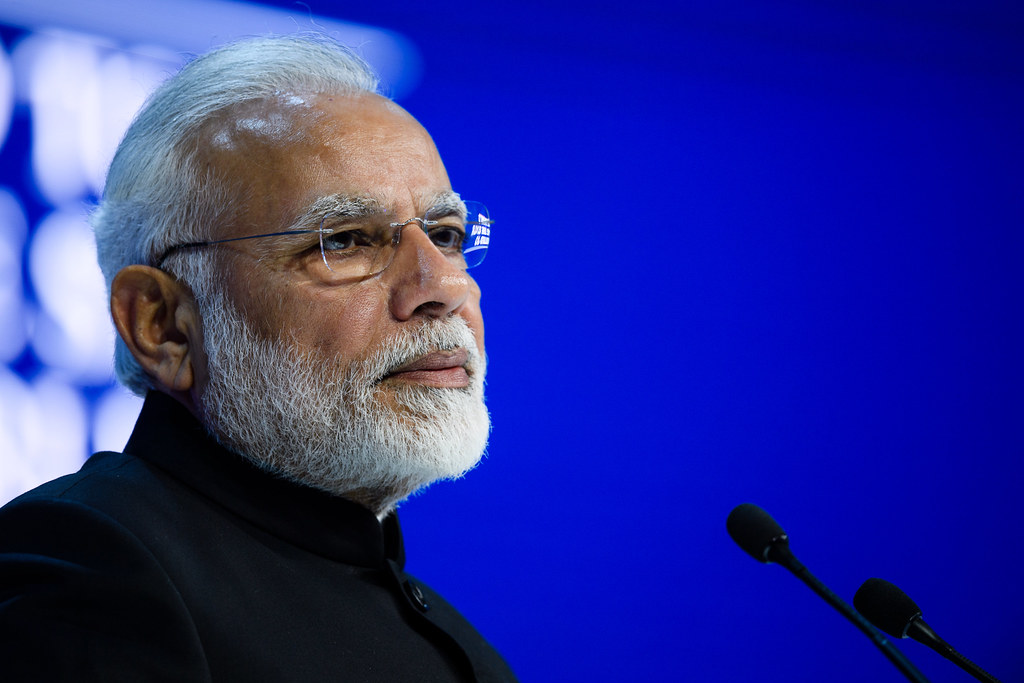
The Indian government has enacted a controversial citizenship law that has been described as discriminatory towards Muslims by critics.
The Citizenship Amendment Act (CAA), proposed by the Modi government, explicitly makes religion the basis for acquiring Indian citizenship.
Under the CAA, Hindus, Parsis, Sikhs, Buddhists, Jains, and Christians who entered India from Afghanistan, Bangladesh, and Pakistan before December 2014 can fast track to Indian nationality. Muslims are excluded from the same rights.
The law was originally passed in 2019, however, its implementation was delayed after widespread protests erupted in response. During the uprisings, thousands were arrested, and more than 100 people were reportedly killed.
Activists, lawyers, and citizens have criticized the law stating that it would legitimize discrimination against Muslims and undermine India's secular foundations as enshrined in the constitution.
On Monday night just weeks before Prime Minister Narendra Modi heads into a general election, the Minister of Home Affairs, Amit Shah, announced that the CAA had been enacted. "These rules will now enable minorities persecuted on religious grounds in Pakistan, Bangladesh, and Afghanistan to acquire citizenship in our nation", said Shah.
Chief Ministers in states ruled by opposition parties including Tamil Nadu and West Bengal have stated that they would not be implementing the CAA in their states. However, the new legislation will largely be under the central government, leaving state governments with little option.
Muslims in neighboring countries that are facing persecution such as Rohingya Muslims are left without protection under the CAA. Further, the new legislation also excludes migrants fleeing persecution from non-muslim countries including Tamil refugees from Sri Lanka.
